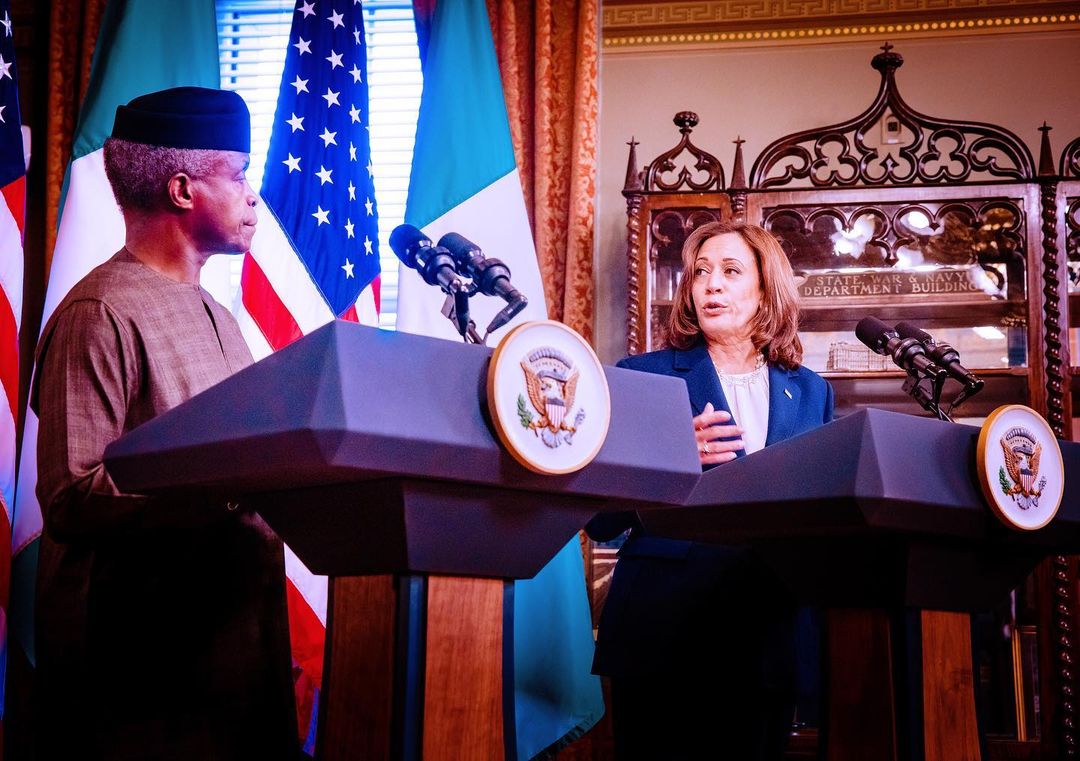A Debt-For-Climate (DFC) Swap agreement has been suggested by Vice President Yemi Osinbajo to guarantee an equitable energy transition for African nations.
This information was released in a statement on Friday in Abuja by Laolu Akande, the senior special assistant to the president on media and publicity, Office of the Vice President.
Mr. Osinbajo is in Washington, D.C., to look for international collaborations and assistance for Nigeria’s recently launched Energy Transition Plan (ETP).
At the Center for Global Development in Washington, D.C., the vice president gave a lecture on Thursday detailing the DFC perspective on a just and equitable energy transition for Africa. In his words,
“Debt for climate swaps is a type of debt swap where bilateral or multilateral debt is forgiven by creditors in exchange for a commitment by the debtor to use the outstanding debt service payments for national climate action programmes.
“Typically, the creditor country or institution agrees to forgive part of a debt, if the debtor country would pay the avoided debt service payment in a local currency into an escrow or any other transparent fund and the funds must then be used for agreed climate projects in the debtor country.
“Increase the fiscal space for climate-related investments and reduce the debt burden for participating developing countries.
“For the creditor the swap can be made to count as a component of their Nationally Determined Contributions (NDC).”
Along with researching finance possibilities for the energy transition, the vice president also suggested that African nations participate more actively in the global carbon market.
In order to work together toward shared objectives, he said it was important to adopt a holistic strategy that took into account both the market and environmental potential given by the financing of clean energy assets in expanding energy markets.
“Africa must be able to engage more completely in the global carbon finance market in addition to traditional funding flows from public and private sources.
Currently, direct carbon pricing systems through carbon taxes have largely been concentrated in high and middle-income countries.
“However, carbon markets can play a significant role in catalysing sustainable energy deployment by directing private capital into climate action, improving global energy security, providing diversified incentive structures, especially in developing countries, and providing an impetus for clean energy markets when the price economics looks less compelling – as is the case today.”
Mr Osinbajo encouraged developed countries to support Africa to develop into a global supplier of carbon credits, ranging from bio-diversity to energy-based credits.

